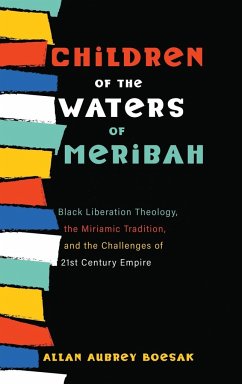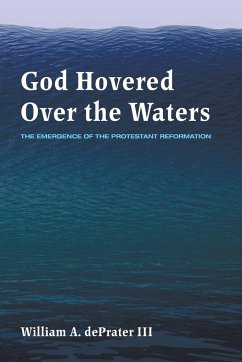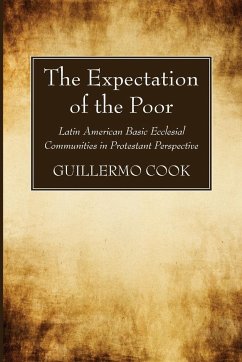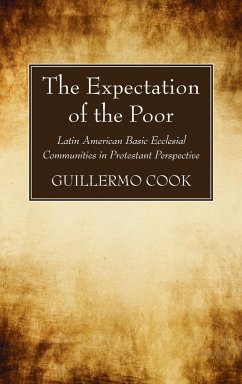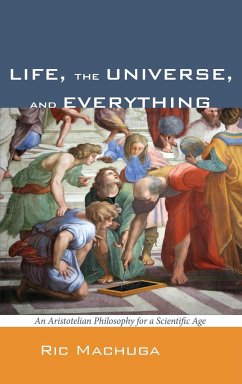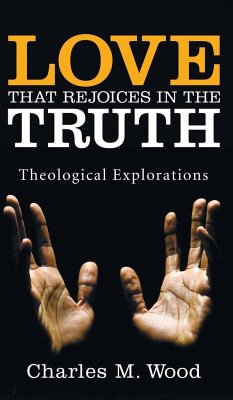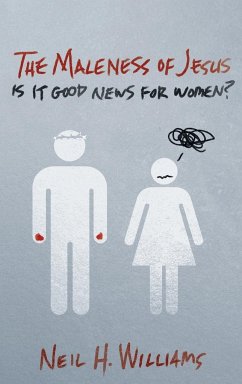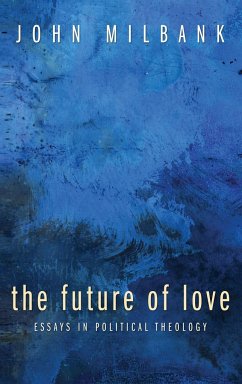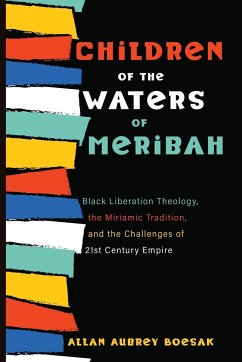
Children of the Waters of Meribah
Versandkostenfrei!
Versandfertig in 1-2 Wochen
27,99 €
inkl. MwSt.
Weitere Ausgaben:

PAYBACK Punkte
14 °P sammeln!
In the decades since Black liberation theology burst onto the scene, it has turned the world of church, society, and academia upside down. It has changed lives and ways of thinking as well. But now there is a question: What lessons has Black theology not learned as times have changed? In this expansion of the 2017 Yale Divinity School Beecher Lectures, Allan Boesak explores this question. If Black liberation theology had taken the issues discussed in these pages much more seriously--struggled with them much more intensely, thoroughly, and honestly--would it have been in a better position to he...
In the decades since Black liberation theology burst onto the scene, it has turned the world of church, society, and academia upside down. It has changed lives and ways of thinking as well. But now there is a question: What lessons has Black theology not learned as times have changed? In this expansion of the 2017 Yale Divinity School Beecher Lectures, Allan Boesak explores this question. If Black liberation theology had taken the issues discussed in these pages much more seriously--struggled with them much more intensely, thoroughly, and honestly--would it have been in a better position to help oppressed black people in Africa, the United States, and oppressed communities everywhere as they have faced the challenges of the last twenty-five years? In a critical, self-critical engagement with feminist and, especially, African feminist theologians in a trans-disciplinary conversation, Allan Boesak, as Black liberation theologian from the Global South, offers tentative but intriguing responses to the vital questions facing Black liberation theology today, particularly those questions raised by the women.




